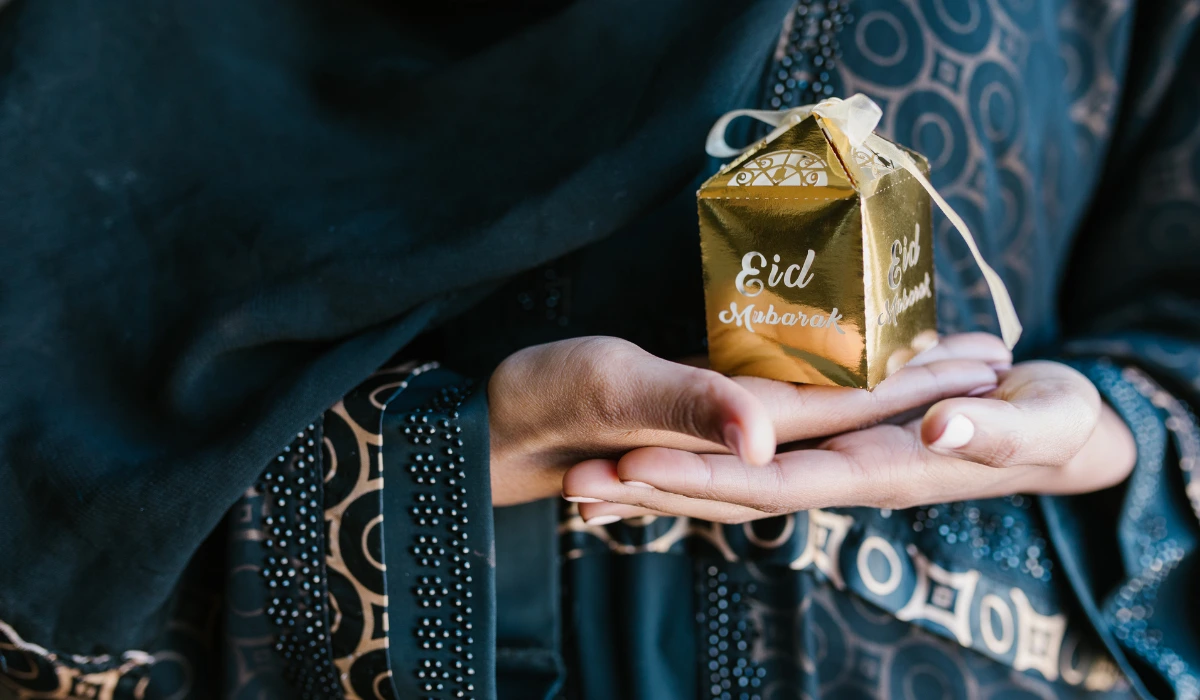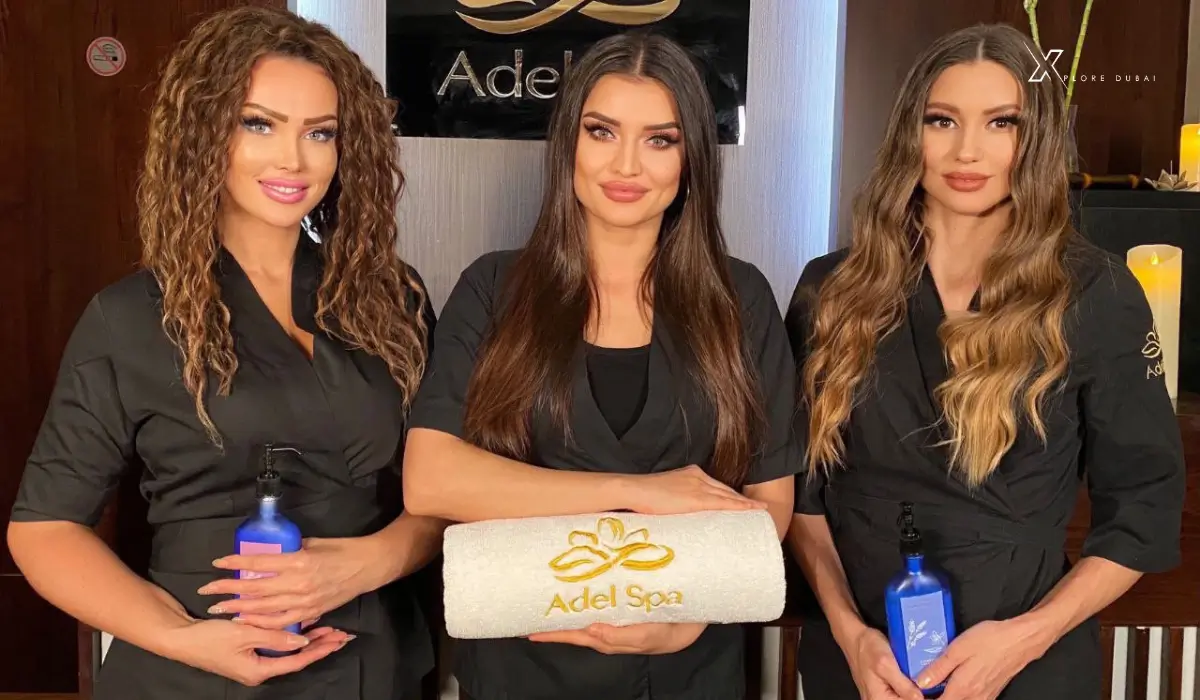Dubai stands tall as a symbol of modernity and innovation. Visitors and residents alike are often fascinated by its remarkable infrastructure and rapid development. However, one question that people frequently ponder is, “Can you drink tap water in Dubai?” Whether you’re a tourist planning a visit or an expat settling down, understanding the quality and safety of Dubai tap water and food of Dubai is essential.
This blog dives deep into the topic, answering all your questions about tap water in Dubai, from its source and treatment to common concerns and sustainable alternatives. By the end, you’ll have a clear picture of whether Dubai’s tap water fits into your lifestyle.
The Quality of Tap Water in Dubai
Dubai’s water supply is unique, primarily due to its geographical location. With no significant natural freshwater sources like rivers or lakes, Dubai relies largely on desalinated seawater for its much-needed supply.
Source of Tap Water
Most of Dubai’s tap water comes from the Gulf. Through a complex desalination process, seawater is transformed into drinkable water. This method removes salt and impurities to produce clean, usable water for both drinking and household purposes.
Government Oversight
The task of ensuring that the water meets high-quality standards is overseen by the Dubai Electricity and Water Authority (DEWA). With decades of experience, DEWA has established itself as a trusted regulator that supplies the emirate with safe, potable drinking water.
Chemical Treatment
The desalination process involves advanced filtration and purification techniques, coupled with treatments that ensure the water is free from harmful pathogens and contaminants. Fluoride is sometimes added to aid dental health, but the amount is carefully monitored to align with global standards.
Mineral Content
Dubai’s tap water is rich in minerals, which come from both the desalination process and pipelines. Common minerals include calcium and magnesium. While beneficial in moderate quantities, their presence can sometimes lead to a distinct taste or odour in the water, deterring direct consumption for some people.
Safety Standards and Compliance
Dubai doesn’t cut corners when it comes to ensuring water safety. Its standards reflect global norms, dismissing the notion that safety is compromised in any way.
Global Standards
The tap water supplied in Dubai adheres to benchmarks set by the World Health Organization (WHO) and the Gulf Cooperation Council (GCC). These guidelines ensure that the water is safe for drinking and other uses.
Regular Testing
DEWA conducts rigorous, routine checks on Dubai tap water to ensure that it remains free from contaminants like heavy metals, harmful bacteria, or chemicals. These efforts maintain water quality across the modern distribution network.
Quality Assurance from Property Developers
Leading real estate developers in Dubai, such as Emaar and Nakheel, also contribute to water safety. They install plumbing systems built with high-grade materials to prevent contamination. However, in older buildings where plumbing may have aged, occasional lapses in quality can occur.
Common Concerns About Drinking Tap Water in Dubai
Despite the high safety standards, many residents and visitors question the tap water’s drinkability. Here are some common concerns that influence perceptions:
Taste and Odor
One noticeable aspect of Dubai tap water is its taste, often described as metallic or slightly salty. This is due to the mineral content and the desalination process. While it’s safe, the taste might make some people opt for alternatives like bottled or filtered water.
Older Plumbing Systems
If you’re living in an older building with outdated pipes or storage tanks, the water might show signs of contamination. Regular maintenance of internal plumbing systems is key to preserving water quality.
Public Perception
A widespread preference for bottled water fuels the scepticism about tap water in Dubai. Many residents grew up in countries where bottled water was regarded as superior, a mindset they carried into their lives in Dubai. However, much of this comes down to perception rather than fact.
Alternatives to Tap Water
If the taste or other concerns discourage you from drinking tap water in Dubai, there are plenty of alternatives.
Bottled Water
Bottled water is hugely popular in Dubai. Brands like Masafi, Oasis, and Al Ain dominate the market, offering premium-quality water that’s readily accessible. It’s a convenient choice, though it does come with environmental downsides due to single-use plastics.
Filtered Water
Investing in a home water filtration system is a smart option. Filters not only improve the taste of tap water but also provide added assurance of its safety. Brands like Brita and Aquafilter offer effective and affordable solutions.
Refill Stations
For an eco-friendly and budget-conscious option, refillable water dispensers are becoming more common across Dubai. These stations allow you to reuse containers, cutting down on both plastic waste and costs.
Tips for Residents and Tourists
Whether you’re just visiting or staying long-term, these tips will help you make the most of Dubai’s water supply while ensuring safety and sustainability.
1. Check Your Building’s Plumbing
If you’re a resident, inquire with your property management about the maintenance of water tanks and plumbing. Regular cleaning ensures that water quality is not compromised.
2. Store Water Safely
If you plan to fill bottles with tap water for convenience, make sure to use BPA-free containers and clean them regularly to prevent bacterial growth.
3. Go Green
Consider sustainable practices like using refillable water bottles and supporting businesses that prioritize environmental responsibility. This small habit can significantly reduce your plastic footprint.
4. Consider Personal Health
If you have a sensitive stomach or specific health conditions, consider bottled or filtered water as a precaution. Tourists, especially those staying for short periods, might prefer this option until they familiarize themselves with the local water supply.
Recap and Key Takeaways
Dubai’s tap water is among the safest in the region, thanks to sophisticated desalination processes, rigorous government oversight, and compliance with global standards. While some people may have issues with taste or concerns about old plumbing, alternatives like filtered and bottled water offer convenient solutions.
Ultimately, whether or not to drink Dubai’s tap water comes down to personal choice. By understanding its quality and the many ways to access drinkable water, residents and visitors can choose what works best for them.
Do you prefer bottled, filtered, or tap water in Dubai? We’d love to hear your thoughts and tips. Drop a comment below or share your experience with us!
FAQ about Tap water in Dubai
1. Is Tap Water in Dubai Safe to Drink?
Yes, Dubai’s tap water is generally considered safe to drink. It undergoes rigorous treatment and testing to meet international standards set by the World Health Organization (WHO) and other regulatory bodies.
2. What is the Source of Dubai’s Tap Water?
Dubai’s tap water primarily comes from desalination plants, which convert seawater into freshwater through advanced processes like reverse osmosis.
3. How is Dubai’s Tap Water Treated?
The water is treated with chlorination to remove harmful bacteria and undergoes mineralization to adjust its pH levels and mineral content.
4. Who Oversees Tap Water Quality in Dubai?
The Dubai Electricity and Water Authority (DEWA) is responsible for ensuring that the tap water meets stringent quality standards.
5. Are There Any Risks Associated with Drinking Tap Water in Dubai?
While the water itself is safe, risks can arise from poorly maintained storage tanks and pipes, which may introduce contaminants.
6. How Often Should Water Storage Tanks Be Cleaned?
It is recommended that water storage tanks be cleaned every six months to prevent contamination.
7. Can Tap Water in Dubai Cause Health Issues?
Generally, no, but improper storage or maintenance can lead to health issues if contaminants are introduced.
8. Is Boiling Tap Water Necessary in Dubai?
Boiling is not necessary if the water is properly maintained, but some residents prefer it as an added precaution.
9. What Are the Common Contaminants Found in Tap Water?
Common contaminants include chlorine residues, excess minerals like magnesium and calcium, and trace amounts of heavy metals.
10. Are Water Filters Recommended for Tap Water in Dubai?
Yes, using a water filter can provide additional peace of mind by removing impurities and improving taste.
11. How Does Dubai’s Tap Water Taste?
The taste can vary due to the high mineral content, which some people find unpleasant.
12. Is Tap Water in Dubai Hard?
Yes, Dubai’s tap water is often hard due to high levels of minerals like calcium and magnesium.
13. Can You Use Tap Water for Cooking in Dubai?
Yes, tap water is safe for cooking, but some prefer filtered water for better taste.
14. Are There Any Alternatives to Tap Water in Dubai?
Bottled water is a common alternative, though tap water is generally safer due to stringent quality controls.
15. Is Tap Water in Dubai More Affordable Than Bottled Water?
Yes, drinking tap water is more cost-effective and environmentally friendly than relying on bottled water.
16. How Does Dubai’s Tap Water Compare to Other Cities?
Dubai’s tap water quality is comparable to that in many developed cities, with rigorous testing and treatment processes.
17. Can Muslims Drink Tap Water in Dubai?
Yes, Muslims can drink tap water in Dubai as it is halal and safe to consume.
18. Are There Any Cultural Considerations for Drinking Tap Water in Dubai?
No specific cultural considerations, but it is respectful to follow local practices regarding water consumption.
19. How Does Dubai Promote Sustainable Water Use?
Dubai encourages the use of tap water over bottled water to reduce plastic waste and promote sustainability.
20. Are There Any Health Benefits to Drinking Tap Water in Dubai?
Drinking tap water can be beneficial as it is cost-effective and reduces reliance on bottled water, which may contain microplastics.
21. Can Tap Water in Dubai Cause Skin or Hair Issues?
There are no documented cases of tap water causing significant skin or hair issues, though some may experience minor effects due to mineral content.
22. How Often is Tap Water Tested in Dubai?
DEWA regularly tests tap water to ensure it meets international safety standards.
23. Are There Any Specific Regulations for Tap Water Quality in Dubai?
Yes, tap water must comply with UAE standards set by the Emirates Authority for Standardization and Metrology (ESMA).
24. Can You Drink Tap Water from Any Source in Dubai?
While tap water is generally safe, it is advisable to ensure that storage tanks and pipes are well-maintained to prevent contamination.
25. Are There Any Environmental Benefits to Drinking Tap Water in Dubai?
Yes, drinking tap water reduces plastic waste from bottled water, contributing to a more sustainable environment.
26. How Does Dubai’s Tap Water Infrastructure Impact Quality?
The infrastructure, including pipes and storage tanks, can affect water quality if not properly maintained.
27. Can You Use Tap Water for Pets in Dubai?
Yes, tap water is safe for pets, but some owners prefer filtered water for better taste and purity.
28. Are There Any Differences in Tap Water Quality Across Dubai?
Generally, no, but maintenance of local storage tanks can vary, affecting quality.
29. How Does Dubai’s Tap Water Compare to Bottled Water in Terms of Safety?
Tap water is often safer than bottled water due to stringent quality controls and the absence of microplastics.
30. Are There Any Plans to Improve Tap Water Quality in Dubai?
Dubai continuously invests in improving its water infrastructure and treatment processes to maintain high-quality tap water.












